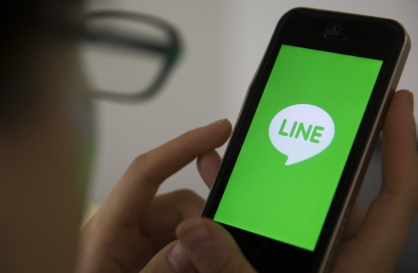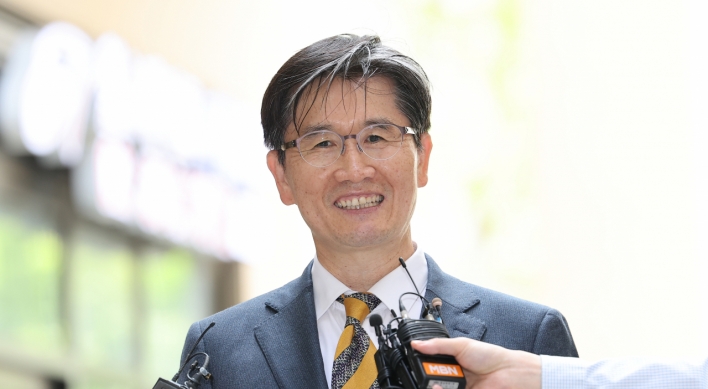A local court acquitted a South Korean man, who refused to fulfill the country’s mandatory military service due to religious reasons, of draft dodging in yet another ruling in favor of conscientious objectors.
The Jeonju District Court found a 23-year-old Jehovah's Witness, surnamed Park, not guilty saying his refusal constitutes a "conscientious freedom."
“His refusal to serve in the military based on his conscientious choice is a justifiable reason,” the court said in the verdict.
The ruling comes after an appeals court for the first time found three draft rejecters not guilty in October. Last year alone, conscientious objectors were found not guilty in nine cases at the lowest courts.
Some 18,700 conscientious objectors have been jailed for refusing to serve in the Army on the grounds of religion, freedom of thought and conscience since the 1950-53 Korean War. All able-bodied South Korean men are required to serve at least 21 months in the Army.

The Ministry of National Defense opposes the introduction of alternative services, citing growing threats from North Korea and possible abuse of such a program for draft-dodging.
The Constitutional Court is set to rule whether the Military Conscription Law punishing conscientious objectors is constitutional in the coming months. The court has ruled against conscientious objection twice in 2004 and 2011, prioritizing national defense over individual rights.
A poll, released Tuesday by the National Human Rights Council of Korea, shows that the South Korean public is clearly thawing to faithful draft rejecters.
Those who reject the concept of conscientious objection accounted for 52 percent of the 1,504 respondents in the survey, conducted from May to December last year, down from nearly 90 percent in 2005 and 64 percent in 2011.
During the same period, the proponents of an alternative service program rose from 10 percent in 2005 to 33 percent in 2011 and finally to 46 percent in 2016.
By Ock Hyun-ju (laeticia.ock@heraldcorp.com)











![[Weekender] How DDP emerged as an icon of Seoul](http://res.heraldm.com/phpwas/restmb_idxmake.php?idx=644&simg=/content/image/2024/04/25/20240425050915_0.jpg&u=)
![[Today’s K-pop] NewJeans' single teasers release amid intrigue](http://res.heraldm.com/phpwas/restmb_idxmake.php?idx=644&simg=/content/image/2024/04/26/20240426050575_0.jpg&u=)





![[Herald Interview] Mistakes turn into blessings in street performance, director says](http://res.heraldm.com/phpwas/restmb_idxmake.php?idx=652&simg=/content/image/2024/04/28/20240428050150_0.jpg&u=)
